9 GPTs for Workflow Analysis Powered by AI for Free of 2025
AI GPTs for Workflow Analysis are advanced artificial intelligence tools based on Generative Pre-trained Transformers (GPTs) technology, designed to optimize and analyze workflows across various industries. These tools leverage natural language processing and machine learning to understand, predict, and enhance workflow processes, making them more efficient and effective. By automating the analysis of complex workflows, GPTs provide tailored solutions that help organizations streamline operations, identify bottlenecks, and make informed decisions.
Top 9 GPTs for Workflow Analysis are: ComfyUI Assistant,BPMN Assistant,Value Stream Mapping & Process Flow Tools,Joyce Avatar,💰🚀 Workflow- and business proces analyst V1 📈📊,Productivity Flow Optimizer,Efficiency Architect,Personal Project Manager GPT,Prehype
ComfyUI Assistant
Streamlining UI Design with AI
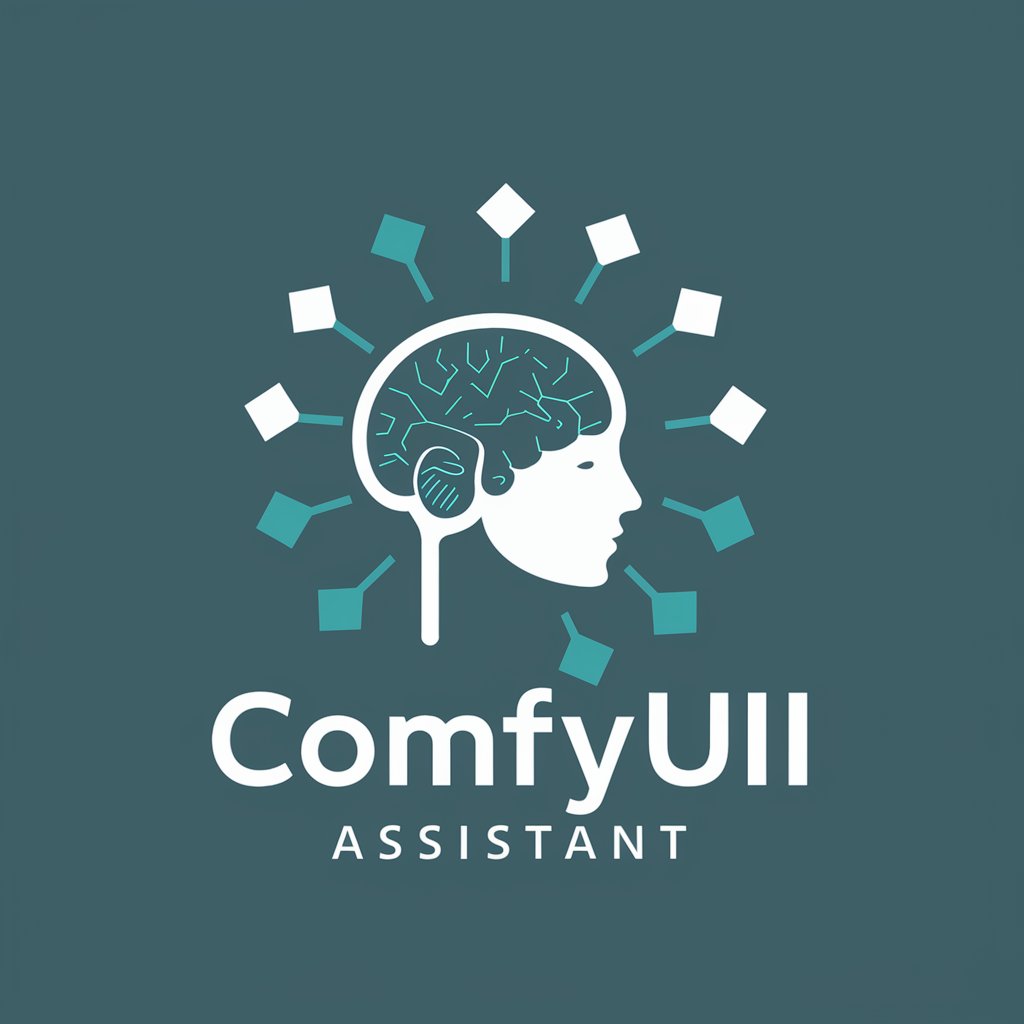
BPMN Assistant
Design Better Processes with AI
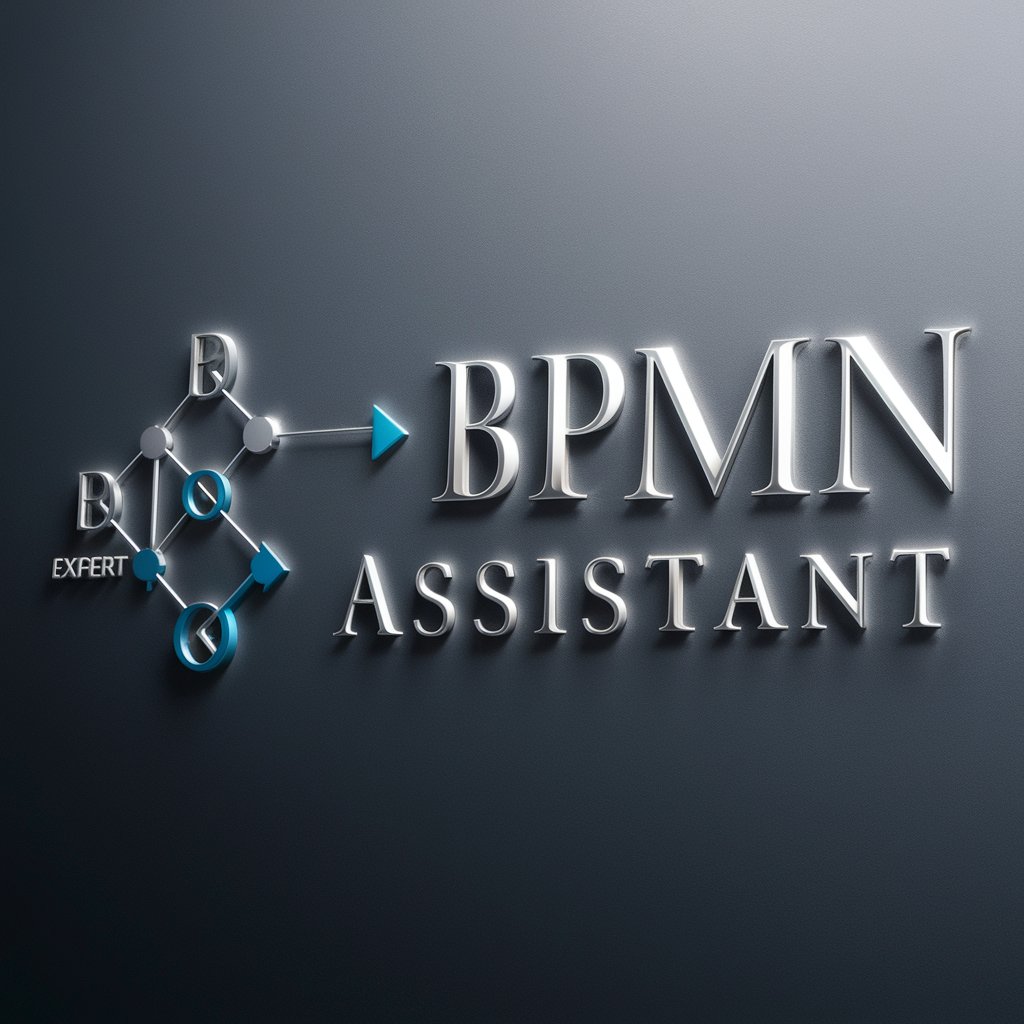
Value Stream Mapping & Process Flow Tools
Streamline workflows with AI-powered insights
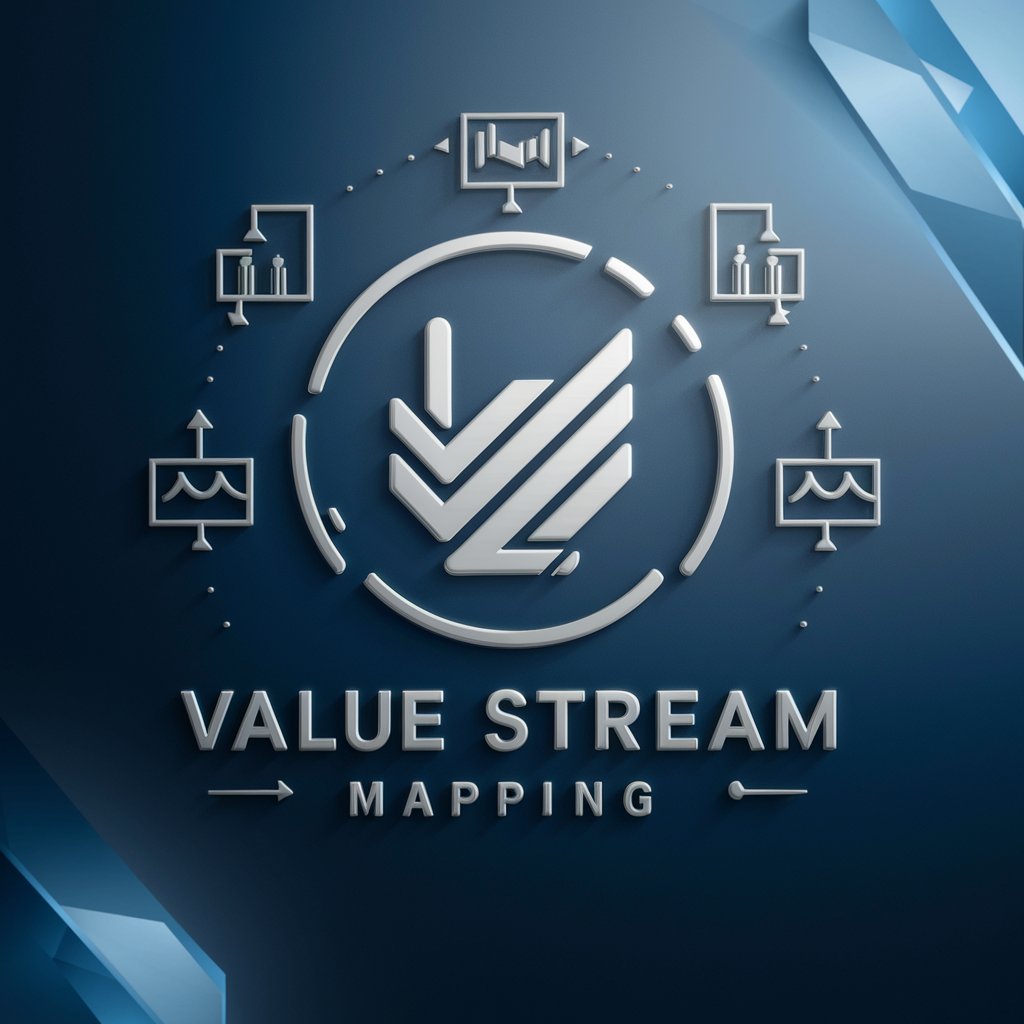
Joyce Avatar
AI-Powered Support for Executive Efficiency

💰🚀 Workflow- and business proces analyst V1 📈📊
Optimize Workflows with AI Insight
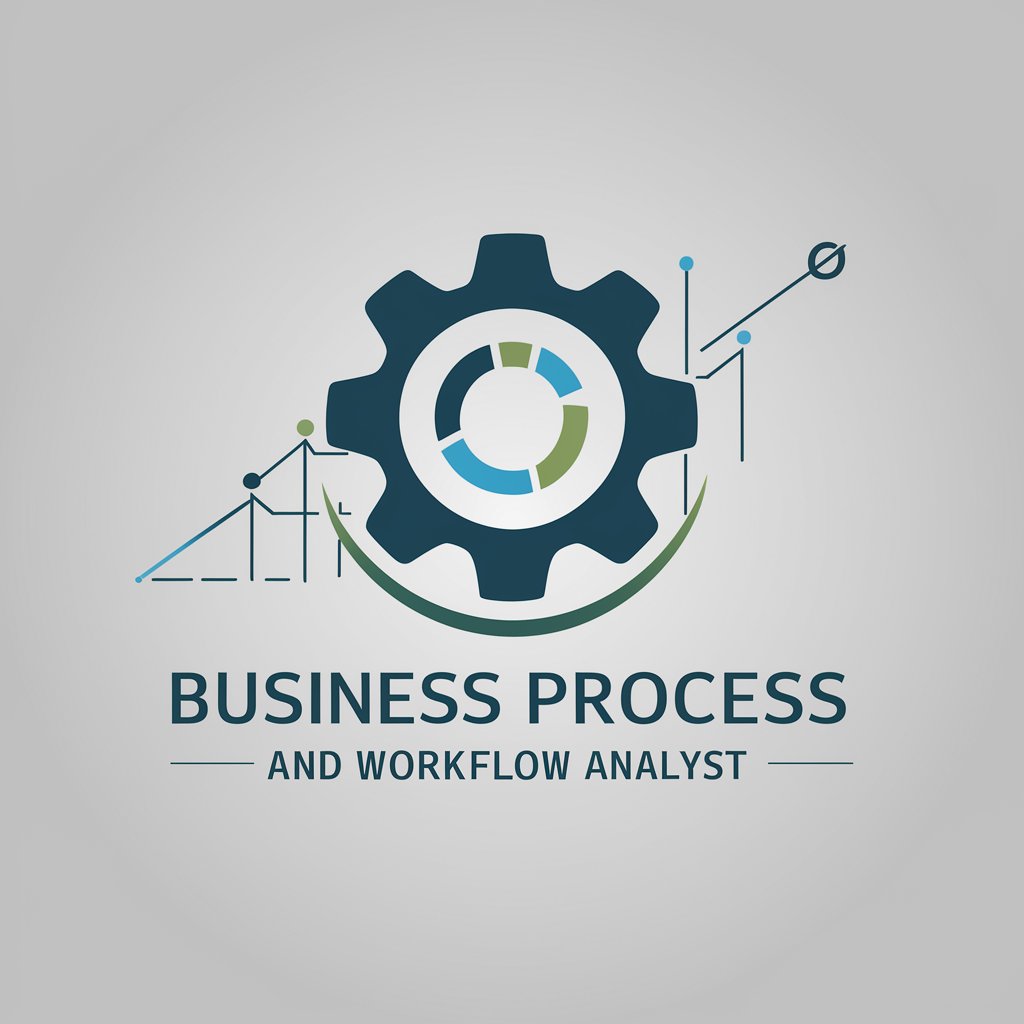
Productivity Flow Optimizer
Streamline Your Workflow with AI
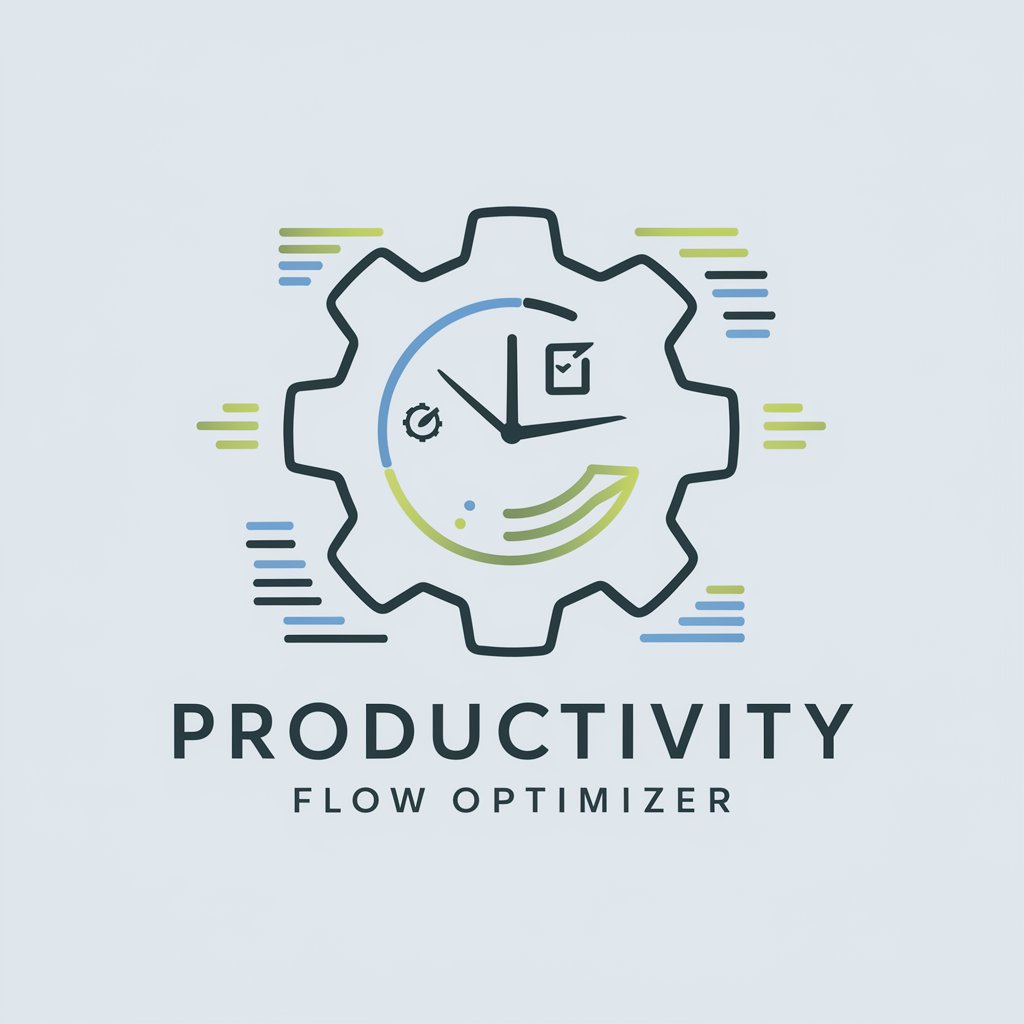
Efficiency Architect
Streamlining operations with AI intelligence

Personal Project Manager GPT
Empowering creativity with AI-driven project management.

Prehype
Revolutionizing Workflow Efficiency
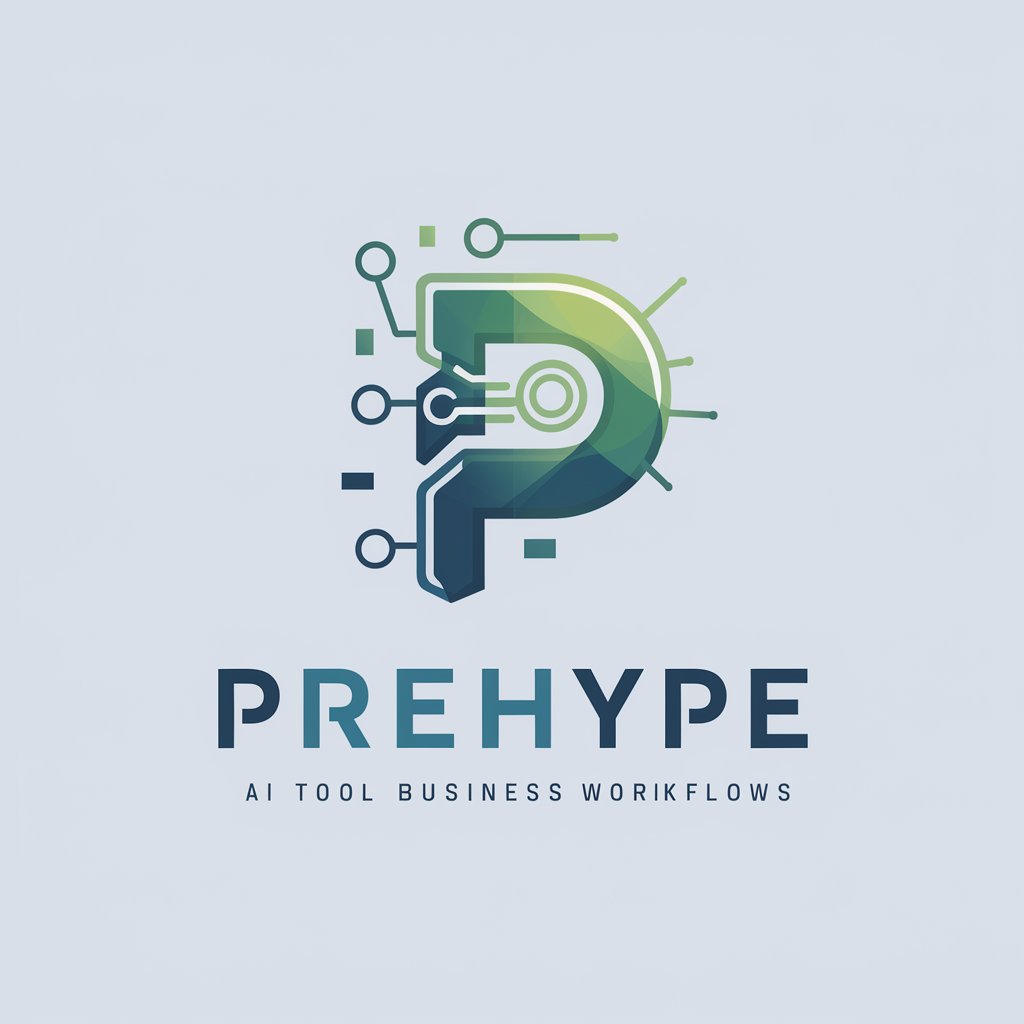
Essential Attributes and Functionalities
AI GPTs tools for Workflow Analysis stand out for their adaptability, supporting a range of functions from basic to highly complex analyses. Key features include natural language understanding for easy interaction, machine learning capabilities for continuous improvement, technical support for troubleshooting, web searching for gathering relevant data, image creation for visual workflow representations, and data analysis for in-depth insights. These capabilities enable the tools to learn and adapt to specific workflow requirements over time, offering bespoke solutions for each use case.
Who Benefits from Workflow Analysis GPTs
The primary beneficiaries of AI GPTs for Workflow Analysis include novices seeking to understand workflow optimization, developers looking to integrate AI into their tools, and professionals aiming to enhance operational efficiency. These tools are designed to be accessible to users without coding skills, offering intuitive interfaces, while also providing advanced customization options for those with programming expertise, thus catering to a wide audience across various sectors.
Try Our other AI GPTs tools for Free
Brainstorming Créatif
Discover how AI GPTs for Brainstorming Créatif are transforming creative ideation with adaptable, user-friendly tools designed for professionals and novices alike.
Marketing Ciblé
Discover how AI GPTs for Marketing Ciblé revolutionize targeted marketing with personalized content creation, data analysis, and actionable insights.
NPC Interaction
Discover how AI GPT tools revolutionize NPC Interaction, offering dynamic, realistic conversations in digital environments for creators and developers alike.
Stat Management
Discover how AI GPTs for Stat Management revolutionize data analysis with advanced AI, offering predictive insights, user-friendly interfaces, and seamless integration for professionals and novices alike.
Generational Gameplay
Discover how AI GPTs for Generational Gameplay revolutionize gaming across ages, offering adaptive, personalized experiences with innovative content generation and analysis.
Spiritual Insight
Discover how AI GPTs for Spiritual Insight can transform your spiritual journey with personalized guidance, deep insights, and accessible tools for everyone.
Further Exploration of GPTs in Workflow Optimization
AI GPTs for Workflow Analysis offer more than just efficiency improvements; they provide a strategic advantage by enabling real-time, data-driven decisions. Their adaptability across different sectors showcases their potential to revolutionize how businesses operate, with user-friendly interfaces making advanced technology accessible to all. The possibility of seamless integration with existing systems further enhances their appeal, making them a valuable tool for any organization looking to stay competitive.
Frequently Asked Questions
What is AI GPT for Workflow Analysis?
AI GPT for Workflow Analysis refers to the application of Generative Pre-trained Transformer technology to analyze and optimize workflows, automating the process of identifying inefficiencies and suggesting improvements.
How does AI GPT customize solutions for different workflows?
AI GPTs analyze specific workflow data, learn from it, and adapt their recommendations and optimizations based on the unique characteristics and requirements of each workflow, ensuring tailored solutions.
Can non-technical users easily interact with these tools?
Yes, these tools are designed with user-friendly interfaces that allow non-technical users to easily interact with and benefit from AI GPTs without needing programming knowledge.
What unique features do AI GPTs for Workflow Analysis offer?
They offer features like natural language processing, machine learning, technical support, web searching, image creation, and data analysis, tailored specifically for workflow optimization.
How do these tools integrate with existing systems?
AI GPTs can be integrated with existing systems through APIs and other integration tools, allowing them to analyze and enhance workflows without disrupting existing operations.
Are there customization options for developers?
Yes, developers have access to a range of customization options, including API integrations, custom model training, and the ability to tailor the AI's learning to specific workflow processes.
What industries can benefit from AI GPTs for Workflow Analysis?
Virtually all industries, including healthcare, finance, manufacturing, and IT, can benefit from these tools by enhancing operational efficiency and decision-making processes.
Can AI GPTs predict future workflow inefficiencies?
Yes, by analyzing past and current workflow data, AI GPTs can predict potential future inefficiencies and recommend preemptive actions to mitigate them.